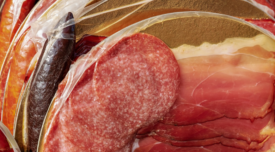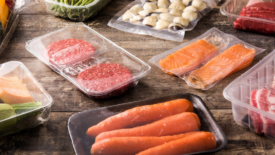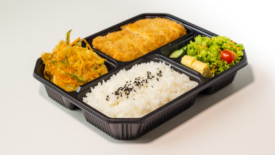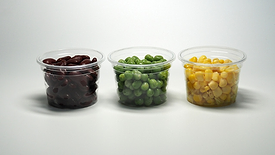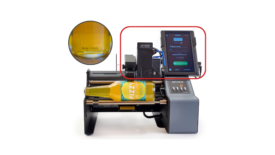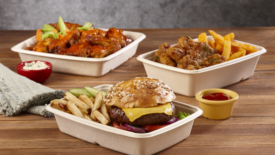Packaging
Packaging and Labeling Requirements for Cannabis-Infused Edibles
Many similarities exist between the packaging and labeling of cannabis-infused edibles and those of food and pharmaceuticals
August 8, 2023
Extended Producer Responsibility Programs for Food Packaging: Balancing Source Reduction with Food Safety
EPR programs shift responsibility for management and disposal of consumer products to producers and distributors—and are gaining ground in the U.S.
June 12, 2023
Never miss the latest news and trends driving the food safety industry
eNewsletter | Website | eMagazine
JOIN TODAY!Copyright ©2024. All Rights Reserved BNP Media.
Design, CMS, Hosting & Web Development :: ePublishing
